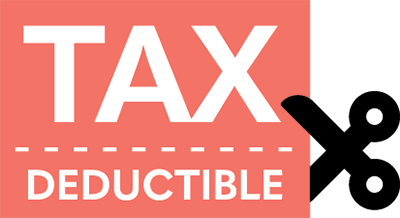Overview
This literacy project in The Gambia, aims to assist women and girls from five focus groups — Mandinka, Manjako, Wolof, Karon, and Jola — by teaching them how to read and write in their languages as well as equipping them to learn God’s word and the message of the gospel.
In many parts of Africa, sons receive the benefits of schooling while daughters do not; instead, many young girls are utilised by their families as farm hands and home helpers for their mothers. This has clear ramifications for individual families, communities and the broader society as women remain marginalised from the workplace and opportunities to improve their lives.
The Gambia in West Africa is the smallest country within the African mainland. Its needs are great as poverty is high, close to 50% of the 2.7 million population cannot read or write and the United Nations Development Programme (UNDP) has ranked the country in the “Low Human Development” category. Most of its people work as farmers.
Girls are married young and Female Genital Mutilation (FGM) is still widely practiced. Daughters have no right to inherit their father’s property, this goes to the first-born son. Girls are often seen as inferior and of less value to the family. Furthermore, research shows that poor reading ability impacts spiritual growth and understanding of God’s message. This project aims to fill the gap, providing a Bible-based literacy program to improve girls and women’s lives.
Statistics
- 2.7 million people in The Gambia
- 51% of older women are non-literate and 57% of young women are non-literate
- 4-5% of the population in The Gambia are Christian







